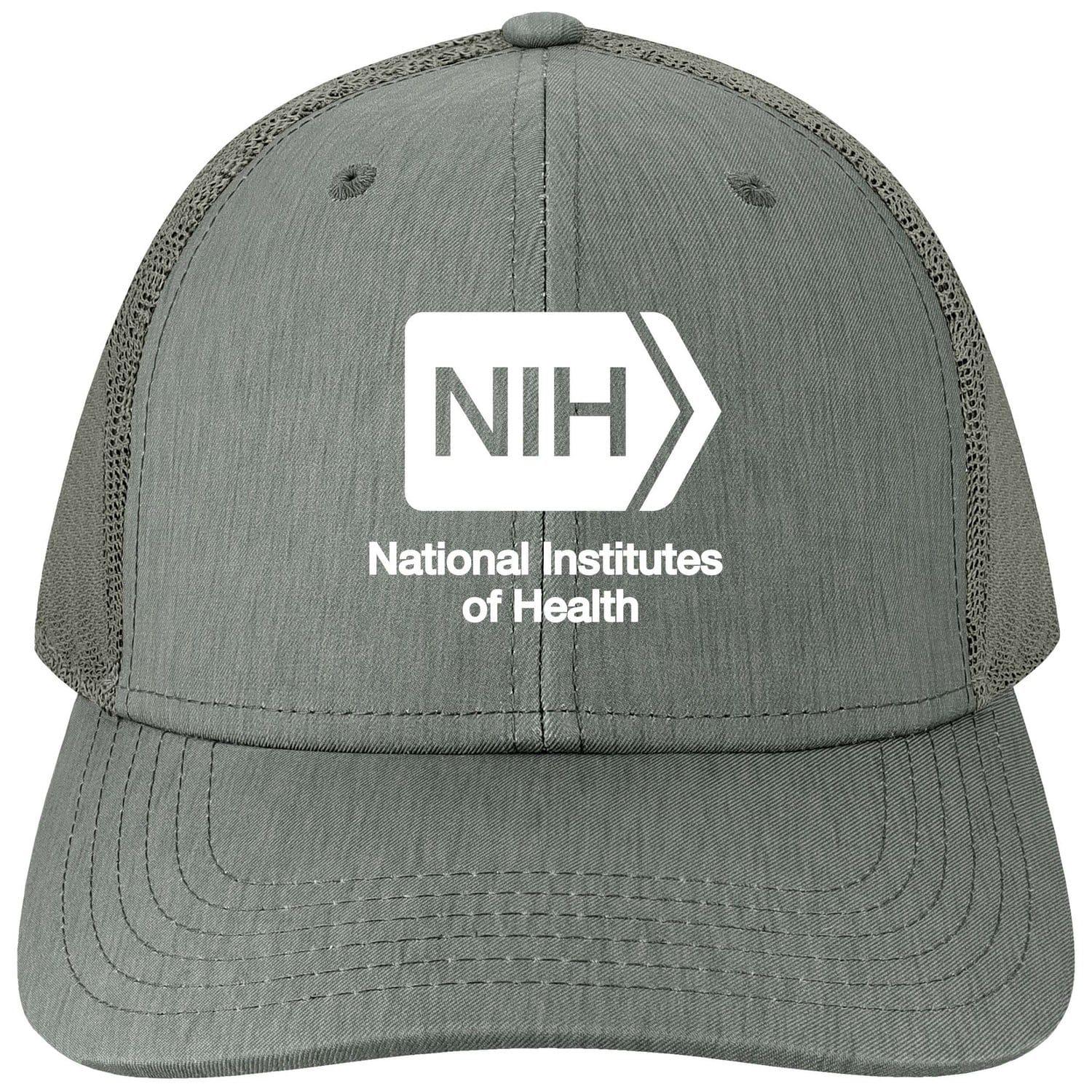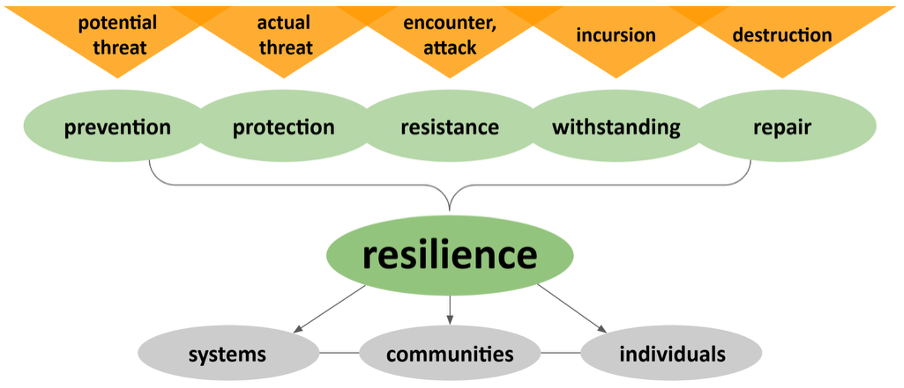
This post was distilled from a talk that I gave at Schloss Dagstuhl's seminar 25831 "Open Scholarly Information Systems: Status Quo, Challenges, Opportunities". As the video recording mentions, the slides for the talk are openly shared at http://soc-n.us/250916-dagstuhl . Many of us may be familiar with the Dagstuhl seminar series;







